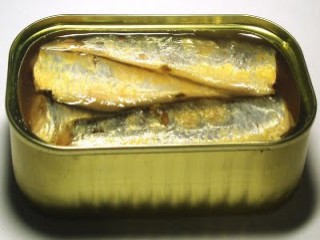
Check out an excellent list of healthiest foods
What should we eat in order to be healthier or to stay health? There are several foods that need to be included in our diet as they are more plentiful in nutrients than they are in calories, which could be named "superfoods", such as: kale, sardines, pomegranate, oatmeal, quinoa, kefir, or lentils.
Kale or borecole should be eaten as it's a good source of Vitamin A, which promotes eye and skin health and may help strengthen the immune system. Kale freezes well and actually tastes sweeter and more flavourful after being exposed to a frost. It is a very popular vegetable in China, Taiwan and Vietnam, where it is commonly stir-fried with beef. The species Brassica oleracea contains a wide array of vegetables, including broccoli, cauliflower, collard greens, and brussels sprouts.
Sardines are meanwhile, one of the best sources of heart-healthy, mood-boosting omega-3 fats, and they're coming packed with vitamin A too. On top of that, sardines are small and low on the food chain so they don't harbor lots of toxins as bigger fish can. Sardines are canned in many different ways. At the cannery, the fish are washed, their heads are removed, and the fish are cooked, either by deep-frying or by steam-cooking, after which they are dried. They are then packed in either olive, sunflower or soybean oil, water, or in a tomato, chilli or mustard sauce.
Pomegranate it's just another vibrant fruit full with antioxidants, natural chemicals found in plants that mop up harmful free radicals. A glass of pomegranate juice can bring you as much benefits as eating the fruit itself. A one-cup serving of juice has 150 calories and a half-cup of pomegranate seeds has only 72 calories and four grams of fiber! Pomegranates are listed as high-fiber in some charts of nutritional value. That fiber, however, is entirely contained in the edible seeds which also supply unsaturated oils. People who choose to discard the seeds forfeit nutritional benefits conveyed by the seed fiber, oils and micronutrients.
Oatmeal is indeed a "superfood" as it can lower the blood cholesterol because of soluble fiber content. The daily consumption is recommended to reduce the risk of heart diseases. Also, according to a study in the Journal of Nutrition, eating a breakfast made with "slow-release" carbohydrates, such as oatmeal, three hours before you exercise may help you burn more fat.
Quinoa is a delicately flavored whole grain packed with fiber and protein and, to top it off, it only takes 15 to 20 minutes to cook. That combination of fiber and protein has an extra value too: Research shows that the two together can help you feel full for longer. Quinoa has a light, fluffy texture when cooked, and its mild, slightly nutty flavor makes it an alternative to white rice or couscous.
Kefir is actually a drinkable fermented dairy beverage that packs beneficial probiotics that may help give your immune system a little extra edge, plus 29 percent of your daily value of calcium per eight-ounce serving. Look for it in your supermarket's dairy section; choose plain for less sugar and fewer calories or fresh fruit flavors, such as peach and raspberry, for extra taste. Just think about yogurt in a glass! More, Kefir may be used in lieu of milk on cereal or granola.
Lentils are a versatile, budget-friendly and healthy addition to many dinner recipes. A half-cup of cooked lentils contains over nine grams of protein and a jaw-dropping eight grams of dietary fiber. Lentils are also a good source of iron and an excellent source of folate. More, in Shia narrations, lentils are said to be blessed by seventy Prophets including Jesus and Mohammed. Lentil soup is recognized as a highly nutritious, particularly good source of protein, dietary fiber, iron and potassium.
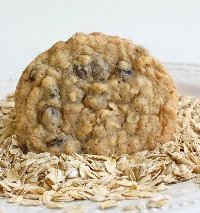
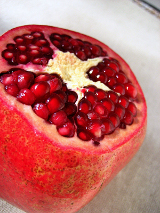
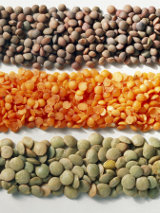
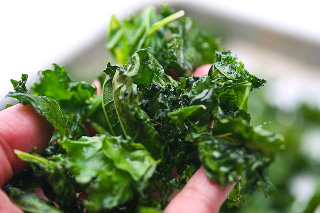
 Fierce and Fearless: Greta Gerwig's 'Barbie' Claims Title of Highest-Grossing Female-Directed Film
Fierce and Fearless: Greta Gerwig's 'Barbie' Claims Title of Highest-Grossing Female-Directed Filmadded on Monday 24th July 2023













